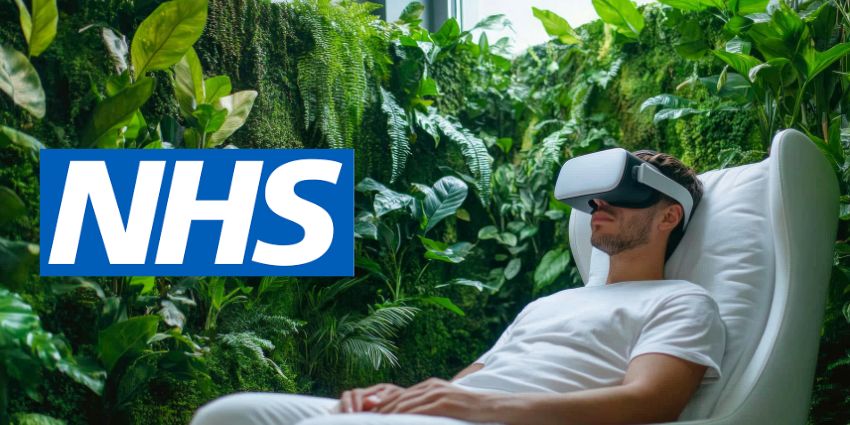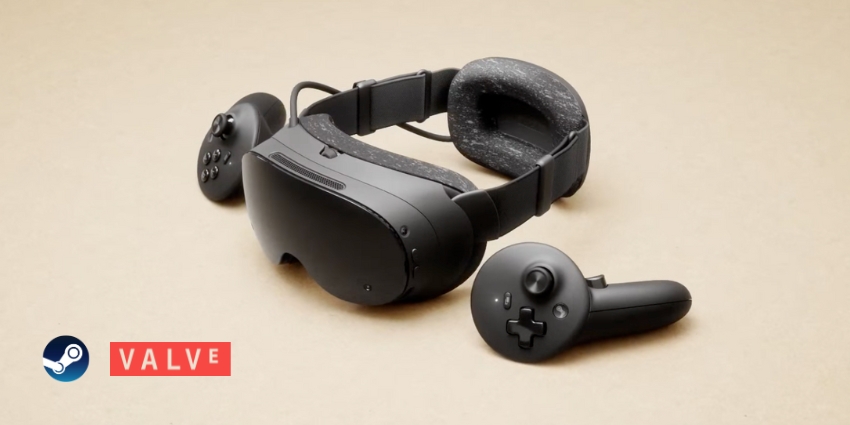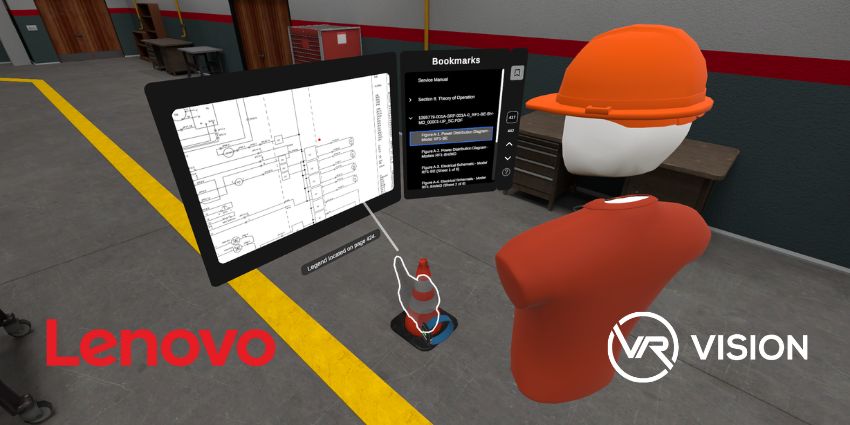South London and Maudsley NHS Foundation Trust has been awarded funding by the National Institute for Health and Care Research (NIHR), some of which will be used to setup a Virtual Reality Centre and Hub.
According to the NHS trust, the funding will accommodate “world-leading” expertise in VR and immersive therapies to research mental health within a new research delivery hub at Bethlem Royal Hospital in Kent.
NIHR invested £1.3 million into the trust for new technologies and research equipment, which will also help to fund a centre for advanced neurotherapeutics and retinography equipment.
Professor Ulrike Schmidt, Consultant Psychiatrist at South London and Maudsley, believes that the funding will propel the NHS trust to become a leader in mental health research:
“The state-of-the-art equipment and associated Centre will put the Trust, King’s College London and partners at the forefront of personalised neurotherapies across the whole spectrum of psychiatric disorders, nationally and globally.
“It will also raise much needed public awareness of neurotherapies as important alternatives to usual psychiatric treatment with medications or talking therapies and give hope to the significant number of patients who currently do not fully recover through conventional treatments.”
Virtual Reality Centre and Hub
Virtual reality can give clinicians and service users the option to test experiences that would be a challenge to reproduce in therapy.
The VR Centre will provide an extra therapeutic tool for mental health conditions, such as psychosis, mood disorders, eating disorders, plus behaviour-based interventions relating to phobias, stress reduction, physical activity, and discrimination.
Regarding the latter, the trust piloted a new VR training tool called “Walking in the shoes of…” to combat racism within the workplace by giving employees insights into the experiences of colleagues from minority ethnic backgrounds.
The trust says that its VR Cave Automatic Virtual Environments (CAVE) technology will turn spaces into immersive shared experiences and reduce VR motion sickness.
Previously, research at the trust has predominantly taken place at the Maudsley Hospital, but the new research delivery hub will help to expand the accessibility to research opportunities across the South of England.
There will also be remote positions available and additional ways are being developed to carry out research at other sites.
Dr Panayiota (Yiota) Michalopoulou, Consultant Psychiatrist at South London and Maudsley, explained how the funds will be distributed within the trust:
“This funding provides an exciting opportunity to support the development of a world-leading Centre for Advanced Neurotherapeutics, increase translational neurotherapeutic research and accelerate the development, testing and availability of novel and effective neurotherapies.
“We will have the opportunity to expand our research across psychiatry, neuropsychiatry and neurology in the diagnostic, therapeutic and prognostic role of NIBS.”
£30M Investment
NIHR has invested total of £30 million across 36 NHS organisations in England to provide “cutting-edge” research to improve disease treatment, prevention, and management.
The funding will also improve the NHS’ ability to provide commercial clinical trials to get new medicines to patients sooner.
Professor Lucy Chappell, Chief Executive of the NIHR, commented on the purpose of the funding:
“This significant investment will provide NHS trusts in England with the high-quality equipment, technology and facilities they need to deliver cutting edge research that benefits the public.
“The NIHR is directing this funding so that it reaches the areas and people with the greatest need, giving more communities the chance to take part in life-changing clinical trials.
“This will not only benefit patients directly, but also support the economic growth of the country, helping to position the UK as an attractive place for innovative companies to invest in research.”
Last month, surgeons at the Institute for Neurological Sciences in Glasgow leveraged mixed reality technology to assist with spinal surgery. The 75-year-old patient Carol Toal who underwent the innovative surgery described the surgeon and his team as “lifesavers”.







